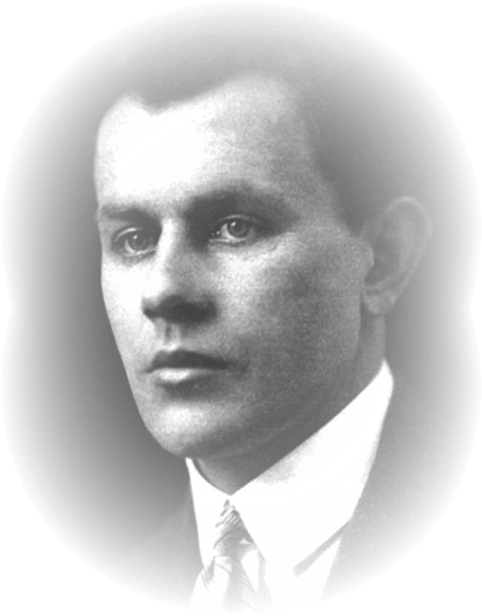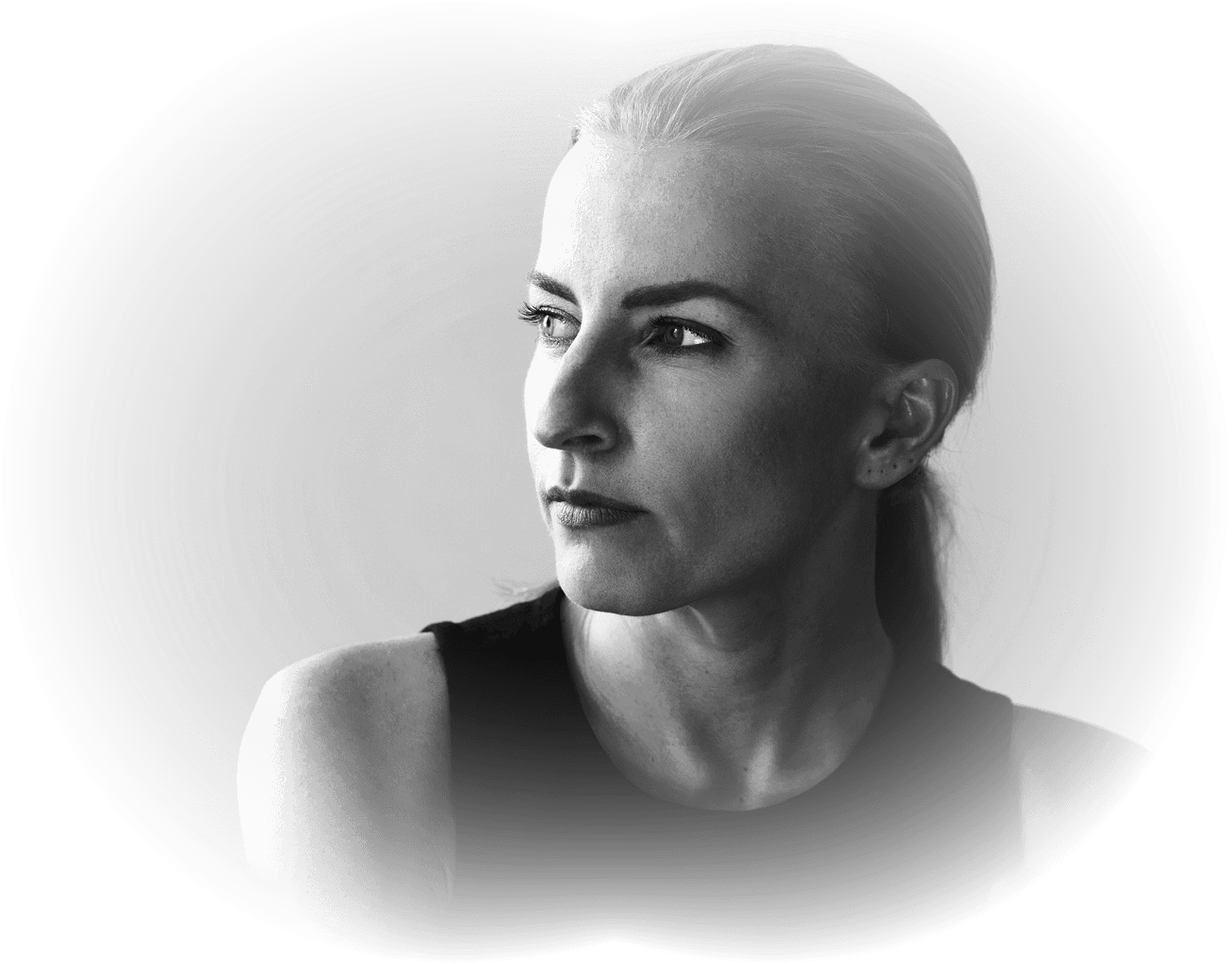
Nikolai Turoverov was a Don Cossack, who fought as a young soldier in World War I and participated in the Steppe March and the battles of the Russian Civil War. He and his young wife, Yulia Grekova, a nurse in a Crimean hospital, along with the remnants of the Don Army, fled from Crimea on one of the last steamers — for a life in exile, from which he never returned:
We were fleeing from Crimea
through the gunfire and smoke.
I was shooting at my stallion —
kept on missing — from the deck.
From this day on and forever, all of Nikolai Turoverov’s poetic and research work will be devoted to the Cossacks and his unfeigned love of Russia. Nikolai Gumilev was his model poet and soldier.
...And that day in Chufut-Kale,
I plucked the dried immortelle,
I carved on the rock:
1920 — Russia, farewell!
The poems are bright and straightforward with a good genuine simplicity... His gift of “sculpturing”... His sense of artist is remarkable (poet and critic Georgy Adamovich)
Turkey — Greece — Serbia — Macedonia — Africa — France. A collector of German weapons left on the battlefields — a lumberjack — a border guard — a flour miller — a loader — a volunteer of the Foreign Legion — a bank clerk... But always a poet and keeper of the memory of his native Cossacks. Turoverov’s first collection of poems was published in Paris in 1928.
Nikolai Turoverov’s poetry collection leaves the reader with an impression of extraordinary freshness, structure, and power. (writer and journalist Ivan Lukash)
...genuine bluntness, devoid of deliberate simplification. (writer Ivan Bunin)
Poet Vladimir Smolensky recalled that at Nikolai Turoverov’s poetry evenings, listeners could not hold back their tears and came to shake hands and embrace the poet, who so accurately expressed their collective pain in his lyrics and so vividly recreated the lost world.
...Does our change wait and grow
To go again in the February storm?
Children walk in knee-deep drifts
To die in the pink snow...
Nikolai Turoverov was the leading expert on Cossack iconography and had an excellent knowledge of the history of engravings and Russian portraiture. He became the keeper of the Ataman Regiment’s archive, which miraculously survived the exodus from Russia. He founded the Cossack Museum and documented the famous library of General Oznobishin. Moreover, he curated several exhibitions in Paris devoted to Russian culture and the history of the Cossacks.
Again (for the third time) I was in the hospital: my heart again, the aorta — what a bore! My daughter is inseparable from me, and I’m going through my library and archive: how many wonders in the world. I wish I had time to portray at least some of it. (from Turoverov’s letter to Nikolai Kelin).
In his forced exile, Nikolai Turoverov managed to reflect and preserve a great deal — as if resurrecting with his own life his lost homeland, his dead friends, his parents killed in the Soviet camps...
Fathers have their own traditions.
Fathers have their own sins:
Buildings that are not constructed,
Poems that have not been read.
And repenting of nothing,
Whether baptized or otherwise,
The émigré child
Grows up looking back.
Misha Dymov|Misha-Dymov
Mila Varavina|Mila-Varavina

We were fleeing from Crimea
through the gunfire and smoke.
I was shooting at my stallion —
kept on missing — from the deck.
And the horse swam on, exhausted,
following the ship’s tall stern,
not believing, not accepting
that we’d never meet again.
Countless times we’d fought together,
thought we’d die a single death...
Now the horse swam on, still faithful
in my love, losing its strength.
Then my batman hit our target
and the water turned light red...
I’ll remember how Crimea
faded, slowly, till I’m dead.
Translated by Boris Dralyuk